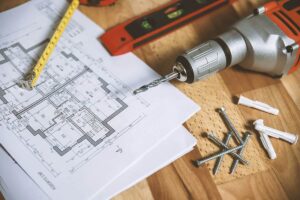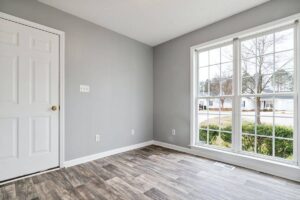Maybe now you have noticed that you need a home addition. You have been blessed with a baby or your in-laws have decided to live with you. Regardless of what triggers your need for more room, you crave more space to better accommodate your family. You might be a big fan of home addition shows. You are now convinced that you can complete your home addition project by yourself. Personally, I admire your determination and zeal to add to your home by yourself. However, we would advise you not to. To complete the project on your own, you need permits, adequate preparedness, mechanicals, enough engineering and architect skills, etc. I am not discouraging you, but it is not an easy task. Just in case you need convincing, here are some things to consider.
I guess you can do your own home addition
You are never limited in doing your own home addition. In fact, building your own home addition can be a rewarding experience. You’ll get to see your vision come to life and add value to your home. However, there are a few factors you should keep in mind before starting your project. They include:
1. Make sure you have the proper permits in place.
Building without the proper permits can result in hefty fines, which don’t stop until you permit.
2. Hire a qualified contractor.
A qualified contractor will have the experience and knowledge to get the job done right.
3. Be prepared for the unexpected.
Things rarely go according to plan when building an addition. Be prepared for delays and unforeseen costs. Building your own home addition can be a great experience. Just make sure you do your homework and plan ahead.
We cannot recommend you do your own home addition
But….don’t do it yourself. It is not a good idea to be your own general contractor (GC) when adding an addition to your home. Here are reasons why it is not a good idea.
1. GC is a full-time job
It’s important to understand that being a GC is a full-time job. The GC is responsible for coordinating and managing all the different tradespeople who will be working on your project. He is also responsible for obtaining the necessary permits, keeping the laborers, tradesmen and subcontractors on task, scheduling inspections, and ensuring that the work is up to code. Unless you have experience in construction and project management, taking on the role of GC is likely to be more hassle than it’s worth. Plus again, you might not know what you don’t know.
2. It is not good to be your own general contractor
Even if you are an experienced construction worker, it’s still not a good idea to be your own GC. This is because, as the homeowner, you already have a vested interest in the project. This can make it difficult to be objective when making decisions about the work. It’s always best to have a neutral third party oversee a construction project. They will make unbiased decisions that are in the best interests of the project. Also, you may not know about all the aspects of construction that an experienced GC has known for years.
A home addition is a major investment
Moreover, it’s important to remember that a home addition is a major investment. By hiring a professional General Contractor, you can be confident that the work is to a high standard. You are also sure that any problems that arise are fixed quickly and efficiently.
Therefore, it’s best to leave the job of GC to the professionals. Hiring a General Contractor may cost you a bit more upfront, but it will save you a lot of headaches in the long run.
Structural modifications on your home additions need an engineer/architect/experienced GC
Some home improvement projects are simple enough to do by a handy homeowner. However, others are far more complicated and should only be done by those with the proper training and experience. This is particularly true when it comes to any type of structural modification to your home. For more information you can contact us.
Why hire an engineer/architect/experienced GC
Before starting any home improvement project, it is important to consult with an engineer or architect. This will ensure that your addition is structurally sound. There are many factors to consider when adding to your home. The factors include the size and weight of the addition, the type of foundation you have, and the load-bearing capacity of the existing structure. Others include the wind and seismic loads in your area, or the soil and slope. An experienced general contractor will help you navigate the permitting process and ensure that your addition meets all local building codes.
It may seem like a lot of work. However, taking the time to consult with professionals for your home addition will save you time and money in the long run. Attempting to do your own home addition or other structural modification is not only risky, but can also be illegal in many jurisdictions. In most cases, you will need to obtain the services of a licensed engineer or architect to draw up the plans for your project. Then, you need to hire an experienced general contractor to carry out the work.
It is important to have the proper professionals involved in your project to ensure that it goes safely and up to code. Additionally, most jurisdictions require that any type of structural alteration go through an approval process with the local building department before work can begin.
Attempting to do your own home addition or other structural modification without the proper permits can result in hefty fines. In some cases, you may even be required to tear down any work that has been completed.
At some point, you may want to try and save some money by taking on a do-it-yourself project. In the case of your home’s structure, it is always best to leave it to the professionals.
Don’t do your own home addition
I would not recommend you do your own home addition. Building an addition to your home is a major investment. By hiring a professional General Contractor, you can be confident that the work will be done to a high standard. You are also sure that any problems that arise will be handled quickly and efficiently.








